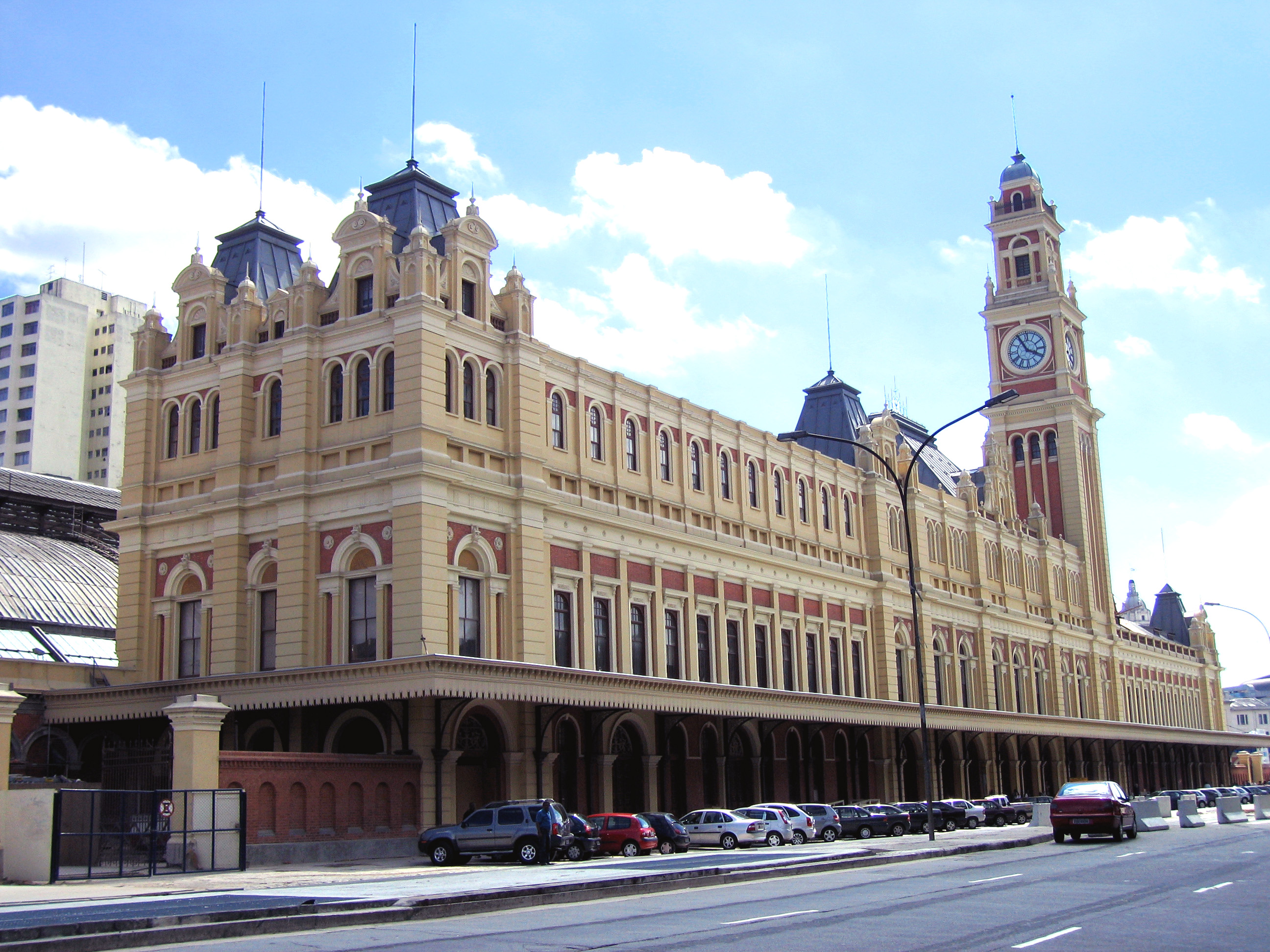Portuguese is a Romance language similar to Spanish. It is the official
language of Portugal, Brazil, Mozambique,
Angola, Cape Verde, Guinea-Bissau, and São Tomé and
Príncipe. With a total of 236 million speakers, Portuguese is the sixth most
spoken language in the world. The Portuguese spoken in Europe and the
Portuguese spoken in Brazil are
further apart in terms of pronunciation, spelling and vocabulary than the
English spoken in England
and the English spoken in the USA.
Alphabet:
The Portuguese alphabet consists of 23 letters (lacking the K, W and Y of the
English alphabet), plus 11 letters with diacritics such as the Ç. Punctuation
corresponds largely to that in English.
Phonology:
Brazilian Portuguese is a syllabic language, in contrast to English. It
contains about 9 vowel sounds and 19 consonant sounds. This is fewer than
English, and there are fewer consonant clusters. These differences can result in the
following pronunciation issues:
- failure to distinguish minimal pairs such as rich/reach, pack/puck or bitch/beach
- inaudibility of unstressed vowels at the end of a word, e.g., part (for party)
- the inclusion of vowel sounds before, between or following consonants, e.g., monthes (for months) or facybooky (for facebook)
- substitution of ear for hear or high for I.
This explains why even some very proficient Portuguese speakers of
English never lose their accent.
 |
| Brazilian tongue speaks Brazilian Portuguese |
Verb/Tense:
Much of the English verb system will be familiar to Portuguese learners since
the same features exist in their own language. However, some significant
differences exist, which may lead to mistakes of negative transfer. For
example, interrogatives in Portuguese are conveyed by intonation. This results
in questionable English such as You like me? or He came to school
yesterday? The use of the double negative in Portuguese leads to such
errors as I don't know nothing (Eu não sei nada).
Grammar: Just
like French, there is a single possessive pronoun for his/her which agrees
in gender with the item possessed. This can lead to ambiguity in sentences such
as: She's having lunch with his brother (= her brother). There is only
one question tag in Portuguese, in contrast to English which has several
different ones depending on the tense and form of the opening words. The tag is
simply né (isn’t it). Errors such as She's coming tomorrow, isn't it?
are the result.
Vocabulary:
Because of shared Latin roots there are many English/Portuguese cognates, which
can facilitate the acquisition of a strong academic vocabulary. (There is less
overlap in everyday vocabulary of the two languages.) Observe the following
sentence:
A estabilidade econômica facilitou a prosperidade e criou uma maior qualidade de vida.
The economic stability has facilitated prosperity and created a higher quality of life.
Notice that with many words, all it takes is a simple transformation.
A estabilidade econômica facilitou a prosperidade e criou uma maior qualidade de vida.
The economic stability has facilitated prosperity and created a higher quality of life.
Notice that with many words, all it takes is a simple transformation.
 |
| Portuguese words of an Arabic origin |
A
spelling reform in Portugal
in 1911 made Portuguese spelling much more phonetic in order to help raise
standards of literacy in the country. Almost everything is spelt the way it is
said, with consistent exceptions.
Some
interesting terms:
Portuguese
|
Literal
Translation
|
Actual
Meaning
|
café de
manha
|
morning
coffee
|
breakfast
|
eu
estou com fome/frio
|
I am
with hunger/cold
|
I’m
hungry/cold
|
parabéns (for
birthday)
|
congratulations
|
happy
birthday
|
legal
|
legal
|
cool
(as in cool party)/legal
|
meia (when
reading a 6)
|
half
|
six
|
pois
não?
|
because
no?
|
can I
help you
|
obrigado/obrigada
|
I’m
obliged
|
thank you
|
imagina
(an interjection)
|
imagine
|
you’re
welcome
|
tudo
bem?
|
all good?
|
how are
you?
|
Misc: ‘The’
is added in front of all nouns, even names. ‘O’ is for masculine, ‘a’ is for
feminine. For example, I am o Bader (the Bader).
Brazilians change the ending to –inha or –inho to describe smaller things, or to affectionately call someone. For example, cat is gato, and kitten is gatinho. Small is pequeno, tiny is pequeninho, and teeny tiny is pequenininho. Using this, my nickname would be Baderzinho.
Brazilians change the ending to –inha or –inho to describe smaller things, or to affectionately call someone. For example, cat is gato, and kitten is gatinho. Small is pequeno, tiny is pequeninho, and teeny tiny is pequenininho. Using this, my nickname would be Baderzinho.
 | |
| Museum of the Portuguese Language, São Paulo |
They use the word ‘feira’ after each weekday, which means market. Ironically,
Sunday is usually the day with big street markets, but it has no –feira at the
end.
Many nouns have a plural in Portuguese but not in English. For example, informations (informações). O trânsito no centro das atenções translates to The traffic in the spotlight (literal: attentions).
Many nouns have a plural in Portuguese but not in English. For example, informations (informações). O trânsito no centro das atenções translates to The traffic in the spotlight (literal: attentions).
Last but not least, cars are
masculine, but in French, Italian and Arabic, they are feminine. I think the
Portuguese got it wrong, because when you go to fill up gas, you insert
the…well, you get the idea. Therefore, cars are feminine.
No comments:
Post a Comment